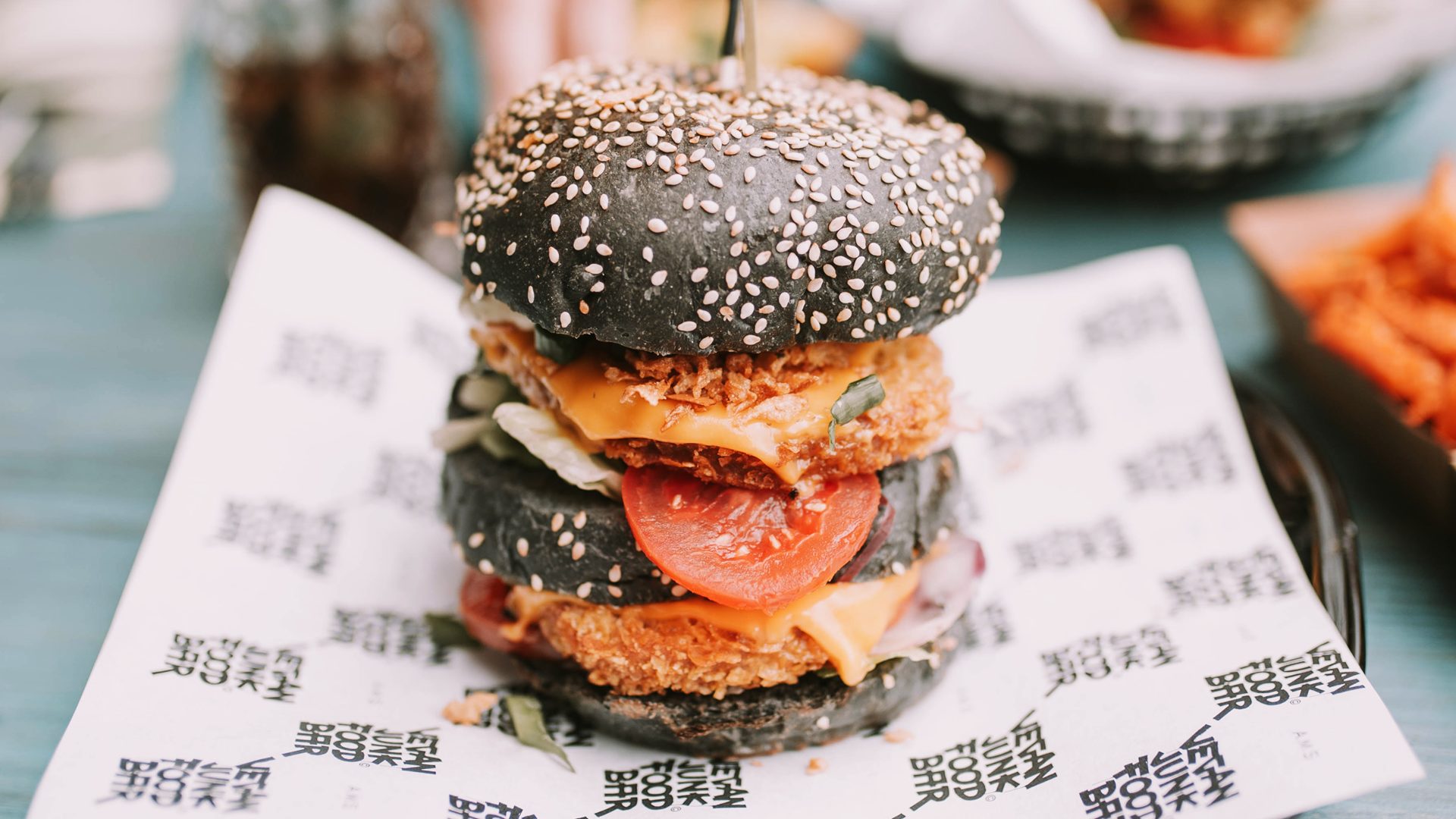Research shows Gen-Z wants corporate transparency above anything else. But what does it take to be 100% sustainable and fair trade, and is it fair to pressure companies to obtain both?
‘The term sustainability gets used — and abused — a lot,’ says Richard Turner, founder of Ombar, an organic vegan chocolate company that prides itself in being ethical.
While Ombar is plant-based and has just applied to be a Certified B Corporation, he prefers not to claim to be 100% sustainable. ‘I’m not sure how meaningful that really is,’ he explains.
Sustainability has floated to the top of most companies’ agendas. Though it’s not always necessarily achieved successfully, it’s a quality that is now expected by young consumers.
Ombar has been making everything plant-based since it was founded in 2007. It even tracks carbon emissions and plans to offset anything unavoidable. But the owner thinks that the carbon-neutral model is sometimes ‘oversimplified’.
YouGov surveyed 10,000 Gen Zers in Europe earlier this year and found that almost 80% feel it’s ‘become more important for companies to behave sustainably’.
Green Match additionally discovered that 40% of Gen Zers have started boycotting a brand because it stood for something or behaved in a way that was against their values. It also revealed that 72% of Gen Zers are willing to spend more money on sustainably produced goods and services.
‘As we’re in the midst of a climate crisis, more and more people are demanding businesses to use sustainable processes,’ says Michael Raphel, co-founder of Holee Cowless. ‘And rightfully so.’
The takeaway restaurant in Cheltenham is ‘helping to tear down the stereotype that vegans only eat rabbit food’, and co-founder Raphel believes transparency is the best way to grow and attract a loyal following.
His company is starting a zero-landfill initiative by planting a tree for every food delivery made, which will offset carbon emissions. While it too is yet to become B Corp, it recently started supporting two local charities: the Leukaemia and Intensive Chemotherapy Fund in Cheltenham and Sobell House, in Oxfordshire.
‘As consumers, we live most of our lives in the dark,’ says Rosey Hocknell, designer and founder of swim and activewear brand WeAreNativ.
‘We need to acknowledge our flaws so that we can work on them.’ The luxury brand works with an ethical factory in Bali, plants 10 trees for every garment sold, and is creating an inclusive environment so its customers have a healthy relationship with themselves and the planet.
The line is created from 100% ECONYL® yarn, which is nylon regenerated from ghost fishing nets from the sea, carpet fluff, plastic bottles and more.




















